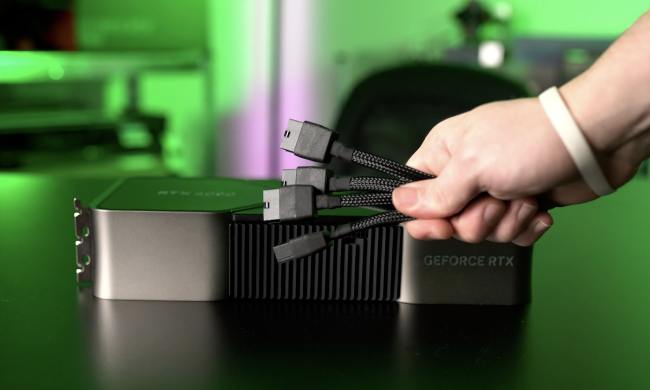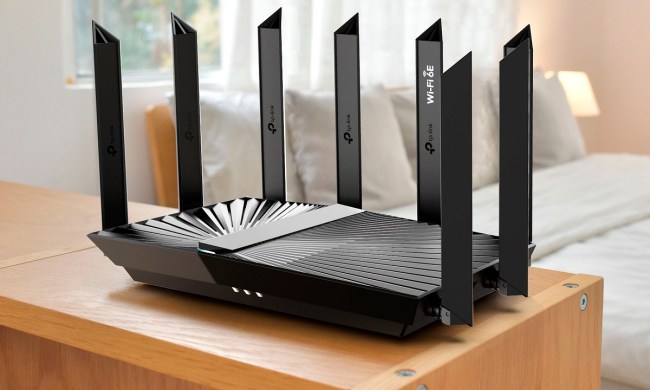
Looking at the lengthy list of crimes the FBI is pinning on Evgeniy Mikhailovich Bogachev, it’s not particularly hard to see why it’s so keen to get hold of him.
It goes as follows: “Conspiracy to participate in racketeering activity; bank fraud; conspiracy to violate the Computer Fraud and Abuse Act; conspiracy to violate the Identity Theft and Assumption Deterrence Act; aggravated identity Theft; conspiracy; computer fraud; wire fraud; money laundering; conspiracy to commit bank fraud.”

Bogachev is accused of being the administrator of the GameOver Zeus botnet, which is “believed to be responsible for the theft of more than $100 million from businesses and consumers in the U.S. and around the world,” the FBI said in a release announcing the reward.
The sophisticated malware stole banking details and other information from computers it infected by either logging keystrokes for passwords or through fake webpages where victims input their banking details and passwords, the government agency said.
It added that the malicious software also worked to recruit a person’s compromised computer into a botnet, allowing cyber criminals to use for other online crimes.
FBI Assistant Director Joseph Demarest said the malware hit PCs around the world, and thanked global security firms that helped to prevent even more computers from being hit by the malware.
He added, “We are turning to the world again for assistance in locating Bogachev.”
Bogachev may be out of reach of the U.S. authorities while he’s in Russia, but they know that should he venture out of the country, there may be a chance to nab him, with the multi-million-dollar reward perhaps persuading someone in the know to make that call.


